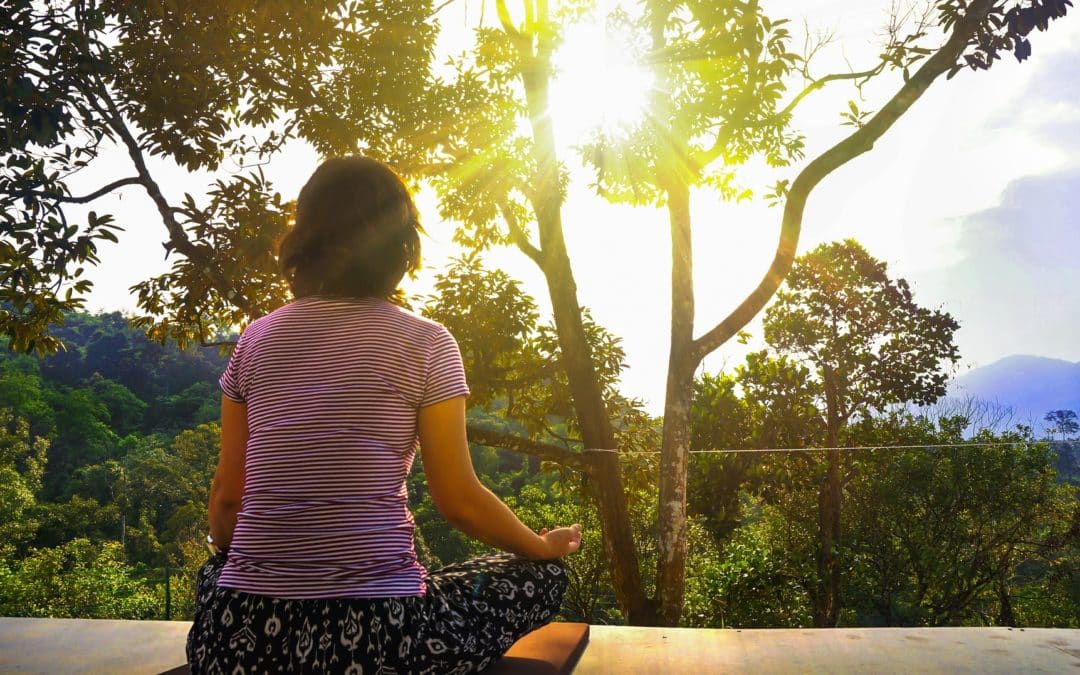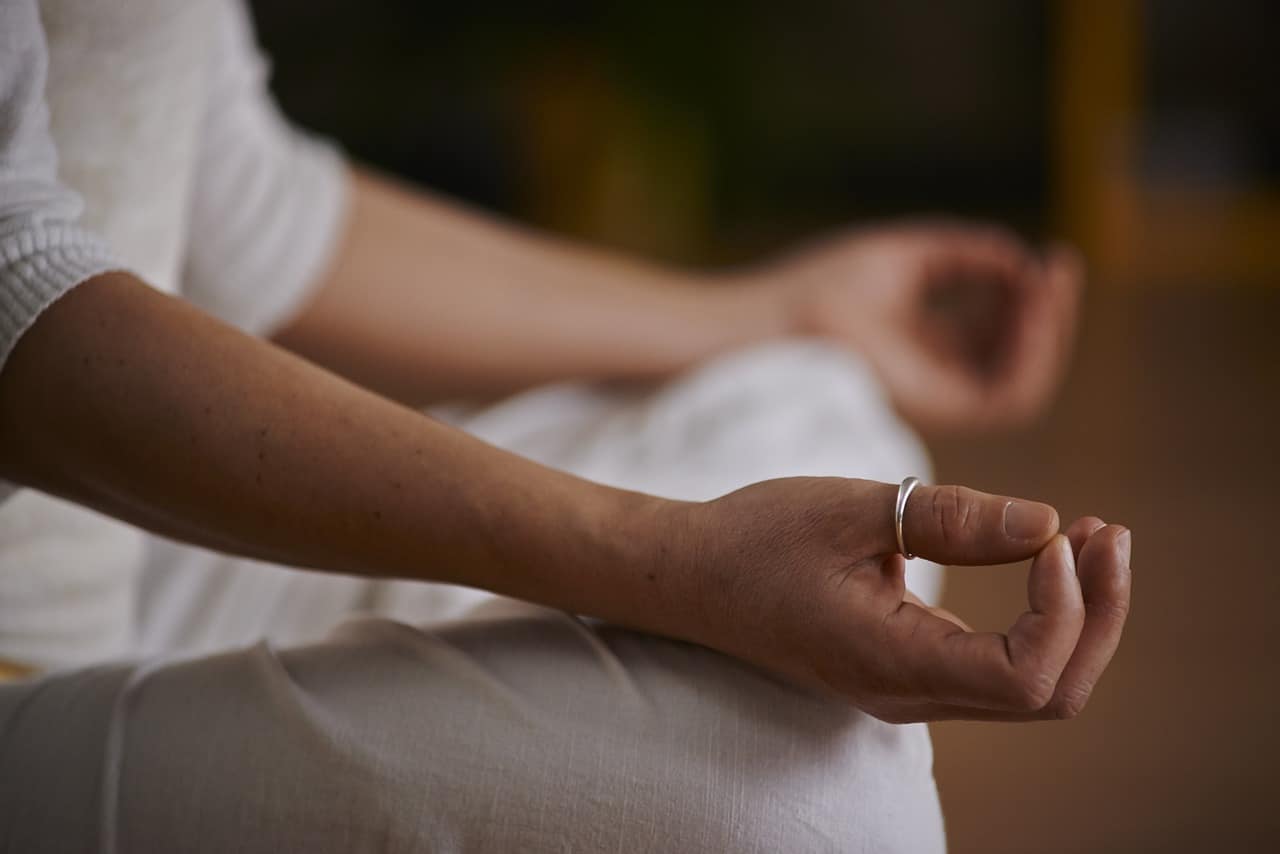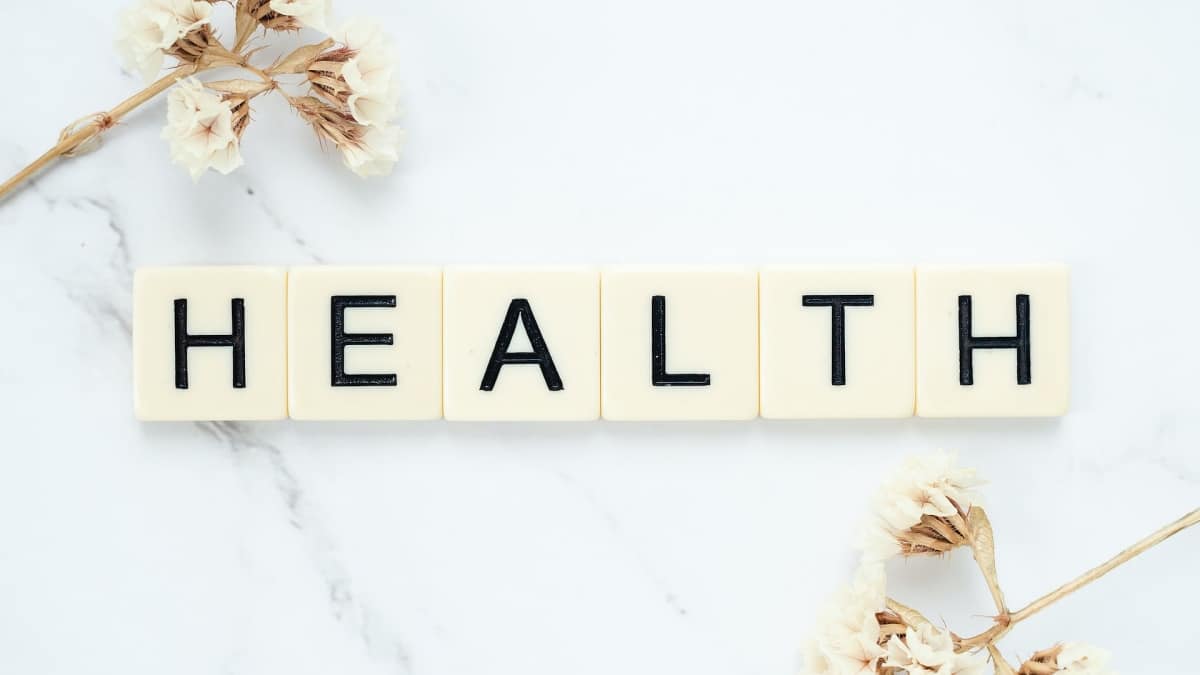LEARNING TO MEDITATE
Many people want to build a strong meditation practice, but often find it difficult to do so. The difficulty can often be traced to a few misconceptions about what meditation is and how to do it.
WHY YOU MEDITATE VERSUS HOW YOU MEDITATE
When first exploring meditation, people will often hear a version of this phrase:
“Clear your mind of thoughts and find a peaceful place.”
That is not how you meditate. It is why you meditate. Learning how to meditate requires more specific instructions.
SETTING YOUR MEDITATION GOALS
Many people start meditating with improper or unrealistic goals. There should be two goals of a meditation practice:
1.) tapping into the deeper mental aspects of your “self” and find a oneness with the universe, and
2.) achieving and retaining a calm state of mind enabling you to get through the hustle and bustle of the day.
A meditation practice designed for just the first goal can be too mystical or difficult for people who just want to achieve calm during stressful times.
MEDITATION CLASSES AT YI GUAN
Our approach to meditation is demystified and practical. Just like doing pushups is training for your chest and arms, meditation is simply training for your focus and awareness. Granted, there are better and worse ways to do a pushup, but in the beginning just doing them is victory enough. You can worry about refinement later.
The Yi Guan method of meditation instruction starts with a simple task. And if you can accomplish that task, then you are successfully doing the meditation, regardless of your thoughts or sense of peace.
As you get better at doing the simple tasks, we add more layers to the practice. As more layers get added, naturally the deeper the meditation will be. Meditation in general will become easier and the benefits will exponentially increase.
THE BENEFITS OF MEDITATION
Even with a simple meditation practice, one can see results. For example, a basic breath meditation anyone can learn in under five minutes can reduce anxiety and stress instantly.
The techniques you will learn in a Yi Guan meditation class take such results even further. Regular use of these meditation techniques will help you increase focus, decrease anxiety, ward off depression, get better sleep, maintain lower blood pressure and have more energy.
A SIMPLE 2 MINUTE MEDITATION
Here is a quick meditation you can do anytime to calm down when feeling anxious or stressed.
STEP 1
Put your index finger on the wrist of your other hand, on the side of the thumb.
STEP 2
Inhale as you slide your finger up to the tip of your thumb, timing it so your full inhale occurs when you reach the tip of your thumb. Pause slightly and exhale and you trace down your thumb to the bottom of the valley between thumb and index finger, timing so your full exhale occurs when the finger reaches the bottom.
STEP 3
After a slight pause, go up the index finger in the same manner, and then each subsequent finger until you end up at the other side of your wrist.
While breathing as slowly and as deeply as you can without it being distracting, try to focus your awareness on simultaneously feeling your finger slide against your other hand, seeing your finger move, and hearing your breath go in and out. Don’t worry about what your mind is or is not doing while you do this, as long as you can sync up sight, sound, and touch, smoothly timing your finger movement with your breath, and going as slowly as you can manage.
Join the Yi Guan Newsletter List!
Sent out just once a month, the newsletter keeps you informed about acupuncture, herbalism and special offers at Yi Guan Acupuncture and Chinese Medicine.
Randomized controlled trial of mindfulness meditation for generalized anxiety disorder: effects on anxiety and stress reactivity, J Clin Psychiatry . 2013 Aug;74(8):786-92
The neuroscience of mindfulness meditation, Nat Rev Neurosci. 2015 Apr;16(4):213-25.
Brief, daily meditation enhances attention, memory, mood, and emotional regulation in non-experienced meditators, Behav Brain Res . 2019 Jan 1;356:208-220.
Is meditation associated with altered brain structure? A systematic review and meta-analysis of morphometric neuroimaging in meditation practitioners, Neurosci Biobehav Rev. 2014 Jun;43:48-73.
The effect of mindfulness meditation on sleep quality: a systematic review and meta-analysis of randomized controlled trials, Ann N Y Acad Sci . 2019 Jun;1445(1):5-16.
Meditation programs for psychological stress and well-being: a systematic review and meta-analysis, JAMA Intern Med. 2014 Mar;174(3):357-6.
Benefits of mindfulness meditation in reducing blood pressure and stress in patients with arterial hypertension. J Hum Hypertens. 2019 Mar;33(3):237-247.






